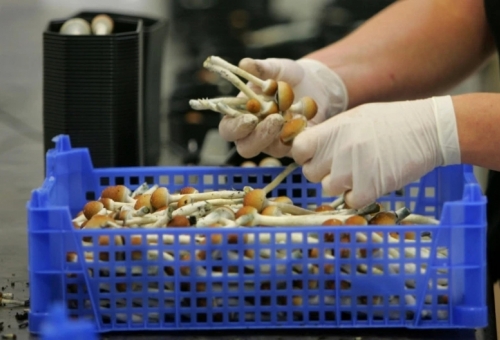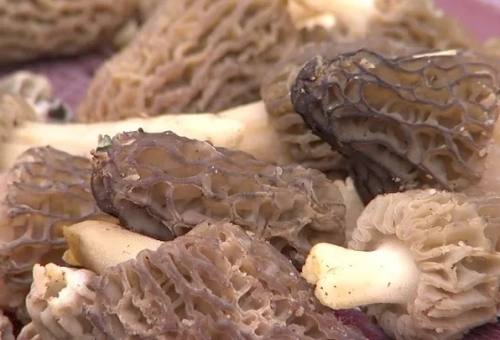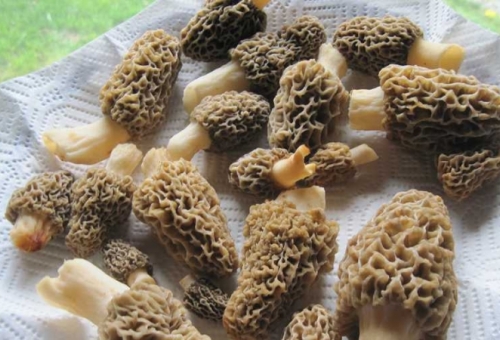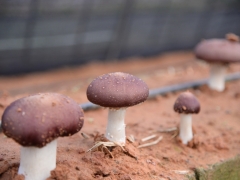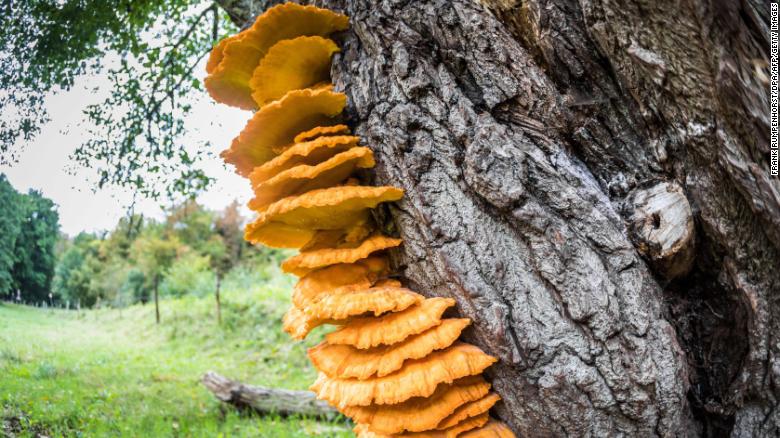
A team of scientists have discovered the oldest evidence of fungi ever, dating back a billion years.
The fungus was identified in the form of microscopic fossils embedded in rocks in an area of the Canadian Arctic by a team headed by scientists from the University of Liège in Belgium.
In a paper published this week in the journal Nature, the team estimates the fossils to be between 890 million to 1.01 billion years old. That date puts the fungi in the Proterozoic era, before complex life had evolved on Earth. (For the record, the earliest ancestors of humans didn't start to come into the picture until about 85 million years ago.)
This discovery has pretty big implications, both for our understanding of fungi and our understanding of how life was starting to form all those years ago.
For one, it more than doubles the length of time fungi have been around on earth. Before this discovery, the oldest fungi were only estimated to be about 410 million years old.
Plus, we usually think of fungi as just mushrooms and mold, but the organisms actually play a really important ecological role.
"Fungi are crucial components of modern ecosystems," the paper reads. "They may have had an important role in the colonization of land by eukaryotes, and in the appearance and success of land plants and metazoans." (metazoans are multiceullar organisms, basically animals as we known them.)
So if fungus was around a billion years ago, it's pretty likely there was other life around it, and it could have both helped and heralded the arrival of different, more complex life in the area.
"The later colonization of terrestrial settings by fungi may have preceded and aided the colonization of land by plants," the study reads.
"As multidisciplinary studies of Proterozoic fossil assemblages progress, we predict that more fossil fungi and other early eukaryotes will be discovered and will improve our understanding of the evolution of the early biosphere."
In other words, the fungi most likely have friends that are yet to be discovered. And when they are, they'll provide even more clues as to what kind of life was growing -- and how it was changing -- millions upon millions of years before man's earliest ancestors even began to take shape.





